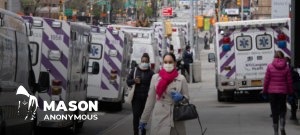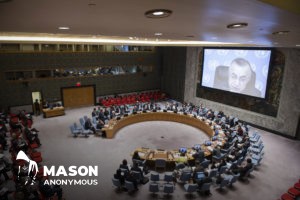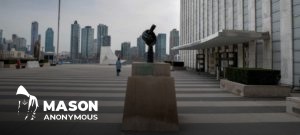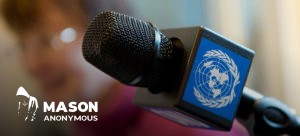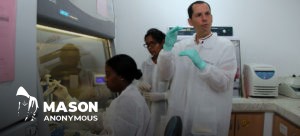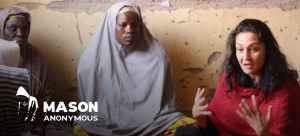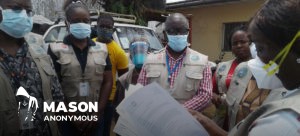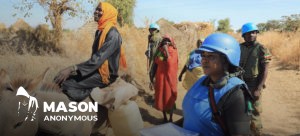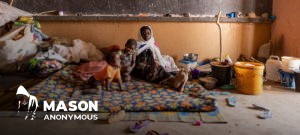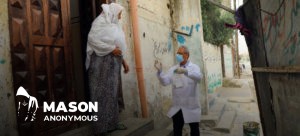In a scientific brief issued on Friday, the UN health agency said there was no proof that one-time infection could lead to immunity, and “laboratory tests that detect antibodies to SARS-CoV-2 [the virus that causes COVID-19] in people…need further validation to determine their accuracy and reliability.”
“Some governments have suggested that the detection of antibodies to the SARS-CoV-2, the virus that causes COVID-19, could serve as the basis for an ‘immunity passport’ or ‘risk-free certificate’ that would enable individuals to travel or to return to work assuming that they are protected against re-infection,” said WHO, adding: “There is currently no evidence that people who have recovered from COVID-19 and have antibodies are protected from a second infection.”
As part of its guidance on adjusting public health and social measures for the next phase of the COVID-19 response, WHO stressed that it continues to review the evidence on antibody responses to SARS-CoV-2 infection.
The new guidance comes amid media reports that some countries have announced their intention to issue so-called “immunity cards” that would allow individual travel, based on the assumption that a person infected with the coronavirus could not be infected a second time.
While most of the relevant studies show that people who have recovered from infection have antibodies to the virus, WHO noted that as of yesterday, “no study has evaluated whether the presence of antibodies to SARS-CoV-2 confers immunity to subsequent infection by this virus in humans.”
“At this point in the pandemic, there is not enough evidence about the effectiveness of antibody-mediated immunity to guarantee the accuracy of an ‘immunity passport’ or ‘risk-free certificate,’” the WHO warned.
WHO said: “People who assume that they are immune to a second infection because they have received a positive test result may ignore public health advice. The use of such certificates may therefore increase the risks of continued transmission.”
The agency later clarified in a tweet that it expects that most people who are infected with COVID-19 will develop an antibody response that will provide some level of protection. “What we don’t yet know is the level of protection or how long it will last. We are working with scientists around the world to better understand the body’s response to COVID-19 infection.”
‘Landmark collaboration’ on COVID-19 testing and treatment
The UN health agency’s new guidance comes after world leaders, scientists, humanitarians and private sector partners came together on Friday in “a landmark collaboration” to make new tools and medicines to diagnose and treat COVID-19, accessible to people everywhere.
The virtual launch of the Access to COVID-19 Tools (ACT) Accelerator, saw participation from all corners of the planet to boost commitment and support for the production of diagnostics, therapeutics and vaccines to save lives from an unprecedented enemy.
“A world free of COVID-19 requires the most massive public health effort in global history,” said UN Secretary-General António Guterres, speaking from New York.
“Data must be shared, production capacity prepared, resources mobilized, communities engaged, and politics set aside. I know we can do it. I know we can put people first”.
Coronavirus Portal & News Updates
Readers can find information and guidance on the outbreak of the novel coronavirus (2019-nCoV) from the UN, World Health Organization and UN agencies here. For daily news updates from UN News, click here.
COVID-19 first emerged in Wuhan, China, in late December 2019 and was declared a global pandemic three months later. So far, there have been more than 2.6 million cases worldwide, and nearly 182,000 deaths, according to WHO.
The health crisis has also affected everything from the global economy, to education, employment and travel.
Since January, the agency has been working with thousands of researchers across the globe to accelerate and track development of a vaccine against the disease.
WHO has also developed diagnostics which are being used by several countries and is currently coordinating a “solidarity” clinical trial of four therapeutics to treat the virus.
“The world needs these tools, and it needs them fast,” said WHO chief Tedros Adhanom Ghebreyesus, one of the co-hosts of Friday’s event.
